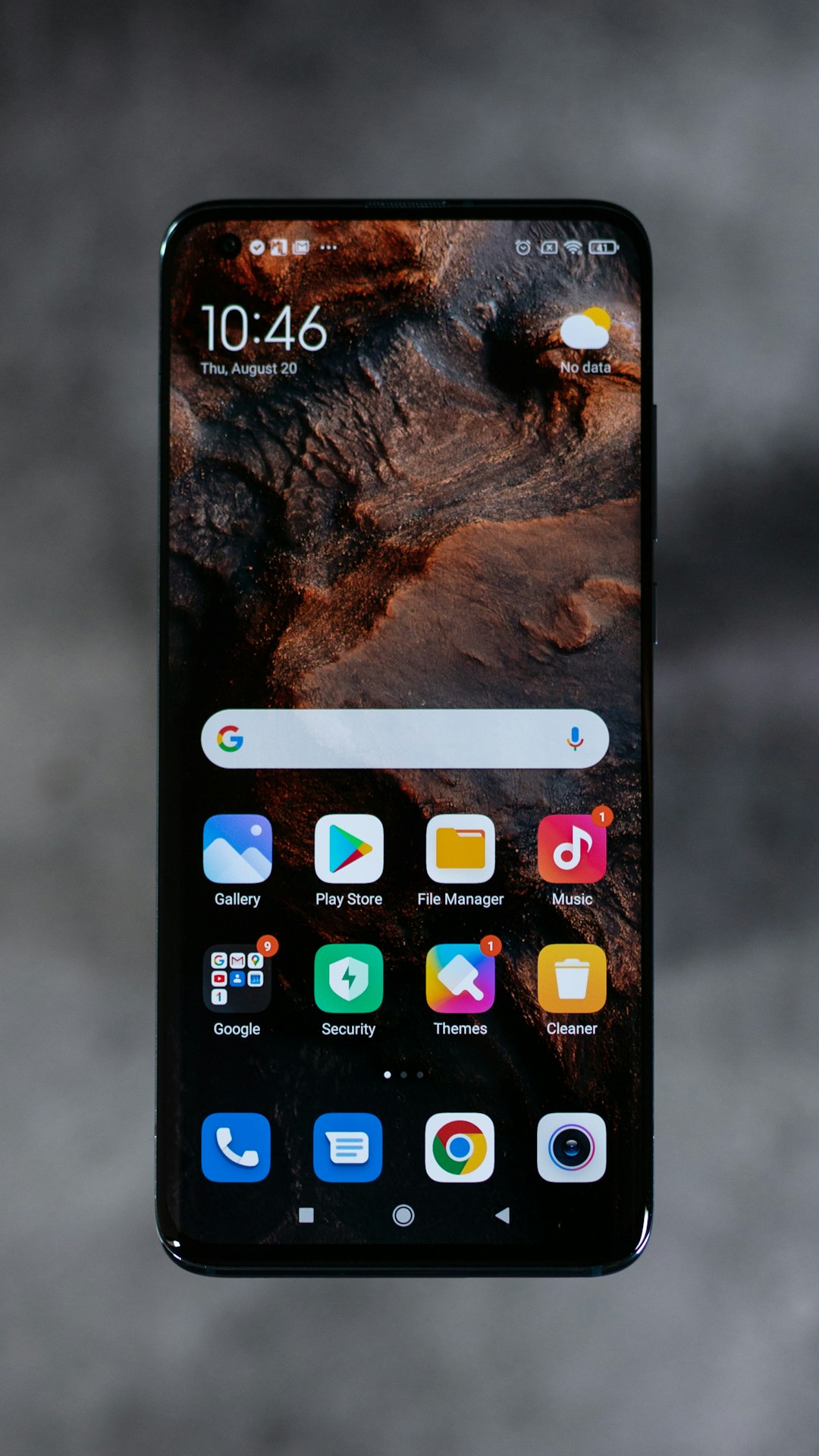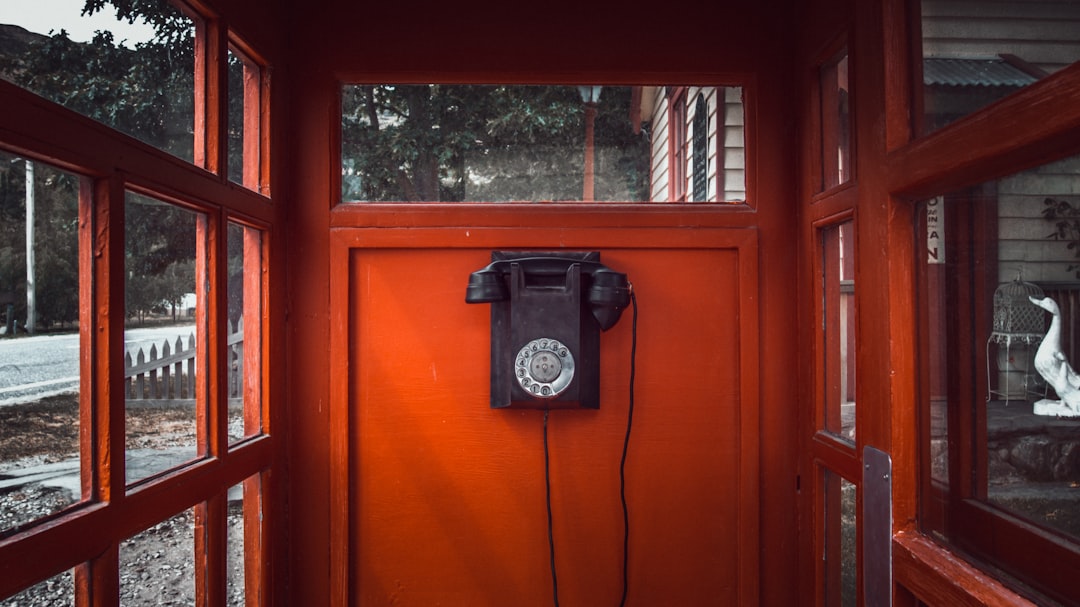Alabama's strict Do Not Call laws protect residents from unwanted telemarketing and scams by requiring businesses to obtain explicit consent. Scammers bypass these rules through deceptive practices, targeting vulnerable individuals. Protecting oneself involves registering on the official Do Not Call list, consulting local Do Not Call Lawyers Alabama, and updating privacy settings.
“In today’s digital age, scammers are always looking for new ways to exploit vulnerable consumers. One area where they’ve shown a particular interest is in small towns and communities, including Moundvilles across Alabama. These communities often have less awareness of stringent ‘Do Not Call’ laws designed to protect residents from unwanted telemarketing calls. This article explores how scammers target these areas, the common tactics they employ, and provides essential strategies for Alabama residents to safeguard their privacy and avoid becoming victims.”
Understanding Moundville's Do Not Call Laws

In Alabama, moundville’s Do Not Call laws are designed to protect residents from unwanted telephone solicitations, offering a much-needed respite from persistent sales calls. These regulations are particularly relevant for those seeking to avoid scams and deceptive practices. The laws stipulate that businesses must obtain explicit consent before calling residents, ensuring that individuals have control over their communication preferences.
Understanding these laws is crucial for both consumers and Do Not Call Lawyers Alabama. By adhering to the rules, moundville residents can prevent unwanted calls and protect themselves from potential scams. Moreover, knowing their rights empowers individuals to take legal action if their privacy is invaded, making it a powerful tool in the fight against fraudulent activities.
Common Scammer Tactics and Exploitation

Scammers often target individuals by employing various deceptive tactics to exploit loopholes in laws designed to protect consumers, such as the Do Not Call regulations. In the context of Alabama, where Do Not Call laws are stringent, scammers have adapted their strategies to bypass these protections. Common methods include impersonating government officials or legal professionals, claiming urgent action is required, and offering false promises of legal services or outcomes. They may target people with aggressive sales pitches, threatening letters, or even fake websites designed to look like official government resources.
These scams often focus on vulnerable populations, preying on their fear or urgency to act quickly without verifying the legitimacy of the request. Scammers may use pressure tactics, such as claiming that legal action is about to be taken or that a significant tax debt is impending. By creating a sense of urgency, they aim to deter victims from seeking verification, allowing them to exploit the Do Not Call laws’ vulnerabilities and contact unsuspecting individuals.
Protecting Yourself: Strategies for Alabama Residents

In Alabama, protecting yourself from unwanted phone calls is easier with the state’s Do Not Call laws. Residents can register their numbers on the state’s official Do Not Call list, a simple process that effectively blocks most telemarketing and sales calls. To ensure maximum protection, consider consulting with a local Do Not Call Lawyers Alabama expert who can guide you through the legal aspects and help you understand your rights.
Additionally, being cautious about sharing your contact information is paramount. Be wary of online forms or contests that require personal details, and remember to regularly review and update your privacy settings on social media platforms. By combining these strategies, Alabamians can significantly reduce their exposure to scam calls and enjoy greater peace of mind.






